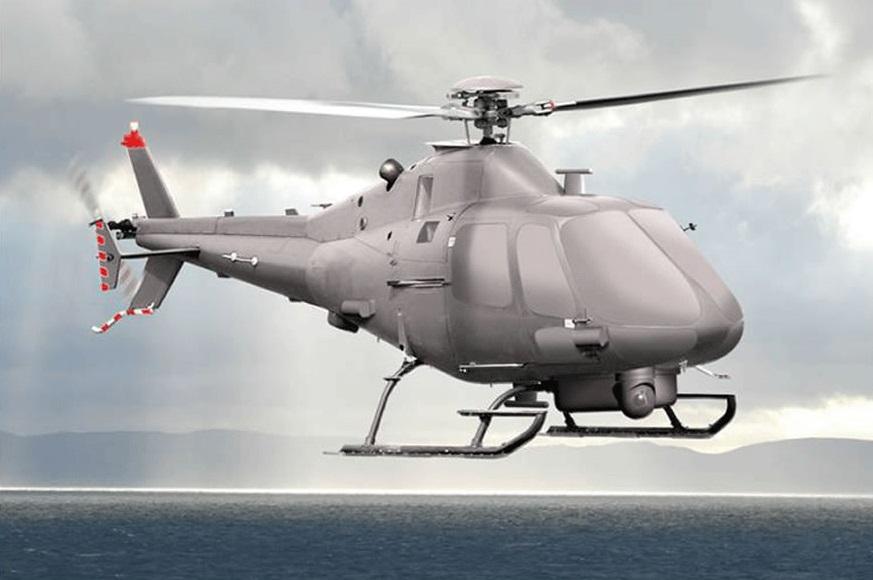A cutting-edge uncrewed aircraft demonstrator will be designed and developed in a £60 million contract awarded to Leonardo. Driving innovation in future naval capability, the project will support up to 100 highly skilled engineering jobs at Leonardo’s Yeovil site. Testing the viability of larger uncrewed aircraft for the Royal Navy, the three-tonne demonstrator – less than a fifth of the weight of a Merlin helicopter – could provide an innovative alternative to existing aircraft for tracking adversary submarines. Trials will test the capability of the aircraft to drop ‘sonobuoys’ – small tube-shaped buoys that track and communicate submarine activity – enabling the aircraft to alert a crewed helicopter and call for support if a submarine is located. Designed to operate at lower cost than crewed aircraft, capabilities derived from the demonstrator could also reduce the exposure of Royal Navy personnel to hostile threats. The uncrewed helicopter is due to undertake its first flight in 2025.
Sir Simon Bollom, DE&S CEO, said: “Our team were able to make use of a novel and agile delivery approach to ensure that we can accelerate potential new technologies through to the demonstration phase so that they can be delivered into the hands of the UK Armed Forces at the earliest opportunity if required.”
Director Develop Royal Navy, Rear Admiral James Parkin, said: “Proving the benefits of larger uncrewed aircraft (rotary and fixed wing) will be key to understanding whether such aircraft can effectively contribute to future Royal Navy capabilities, particularly for Anti-Submarine Warfare.”
Adam Clarke, Managing Director of Leonardo Helicopters (UK), said: “Uncrewed VTOL aircraft will transform military capability whilst also having application in other market sectors, both in the UK and around the world.”
Minister for Defence Procurement, Jeremy Quin, said: “The global threat is changing, and it is crucial we remain at the forefront of defence innovation.”

If successful, the new aircraft would provide a platform capable of delivering improved surveillance and intelligence, enabling crewed Royal Navy helicopters to re-deploy on alternative missions if required and bolstering UK defence capability. Capable of carrying a large payload, combined with the ability to operate in harsh environmental conditions, the aircraft could also demonstrate its utility across a range of requirements. Beyond Anti-Submarine Warfare, the project will address other potential uses including ship to ship resupply and casualty evacuation. The four-year contract will deliver an uncrewed demonstrator as part of intentions outlined in the Defence Capability Framework for future find, strike and lift capabilities to be increasingly delivered by uncrewed and autonomous systems.
The potential of rotary wing platforms to perform both manned and remotely piloted missions is widely recognised. The Leonardo SW-4 Solo is a flexible asset that be deployed as an Optionally Piloted Helicopter (OPH) or as a Rotary Unmanned Air System (RUAS) across a spectrum of civil and military roles. The RUAS variant of the SW-4 Solo can undertake a variety of civil and military missions, including disaster relief, law enforcement, combat support, and Intelligence, Surveillance Targeting and Reconnaissance (ISTAR), in land and maritime environments. The RUAS variant is operated through a Ground Control Station (GCS) which is common to both Leonardo’s RUAS, the SW-4 Solo and AWHERO. The GCS includes pilot and mission operator positions, and enables the control of all flight phases including engine start and shutdown, auto-take-off, flight plan and emergency procedure execution, auto-land and payload operations















